NEWSLETTER
OCTOBER 3, 2020
Neighbors,
Save the Date: Elections Tele-Town Hall Wednesday, 10/7 at 6:30
Fairfax County satellite voting stations are opening soon and Election Day is only 30 days away!
Join me, Fairfax County Board of Supervisors Chair Jeff McKay, and New Virginia Majority Co-Executive Director Tram Nguyen for a discussion about Virginia’s election laws. We’ll answer your questions about how to cast a ballot for the November elections and also discuss Constitutional Amendment 1 that’s on the ballot.
Dial-in (605) 472-5239 | Access Code 811044 | Submit Questions here
Below are updates regarding:
Voter Registration Deadline Reminder
Legislative Updates: Biennial Budget
As always, please let me know if I can be of assistance by calling my office at 804-698-1042 or emailing me at DelKTran@house.virginia.gov.
Best, Kathy
Delegate, 42nd District
Upcoming Voter Registration Deadline
Tuesday, October 13 is the deadline to register to vote or update your voter registration information for the November elections. You can register and update your information here: https://www.elections.virginia.gov/citizen-portal/
Legislative Updates: Biennial Budget
This week, the House of Delegates voted on amendments to Governor Northam’s proposed biennial budget for fiscal years 2021 and 2022. As I previously shared, one of the reasons Governor Northam called us back into a special legislative session is to close a $2.8 billion revenue shortfall as a result of COVID-19, address the public health needs of the pandemic, and make reforms to our criminal justice system.
The House budget proposal addresses these issues while meeting our Virginia constitutional mandate to have a balanced budget. Additionally, we also maintain Virginia’s AAA bond rating.
Both the House and State Senate have finished our work on each of our respective budget bills. A conference committee will now be formed to reconcile differences between each proposal.
Below are some highlights of the budget proposed by the House, House Bill 5005, and you can see the House and Senate bills here: https://budget.lis.virginia.gov/amendments/2020/2/
Federal CARES Act
Virginia must allocate and spend $1.3 billion remaining in federal funding from the federal Coronavirus Aid, Relief, and Economic Security Act (CARES) by the end of this calendar year. Below are highlights of how the House of Delegates proposes to use this funding:
$120 million to establish a fund to offset utility debt for Virginians.
$103 million to increase Virginia’s testing and contact tracing capacity.
$56 million to provide hazard pay for personal care attendants.
$10 million to increase safety for voter and election workers for the November 3 elections.
$150 million toward purchasing additional Personal Protective Equipment.
$7 million for food banks across Virginia.
$3 million in emergency housing for homeless Virginians.
$60 million in grants for Virginia’s child care providers to minimize the loss of providers during COVID-19 closures.
$33.2 million toward short-term child care for Virginians.
General Fund
Healthcare
Requires medical facilities to allow individuals with disabilities to designate a support person to accompany them during appointments. This is a proposal that I introduced to address concerns from constituents who have faced hardships given the changes to visitation and related policies during this pandemic.
Funds $11.2 million in fiscal year 2021 to continue providing nursing homes an additional $20 per person, per day until March 31, 2021. This will help nursing homes across Virginia that continue to be impacted by COVID-19.
Provides $882,000 for each fiscal year to expand access to mental health services for children through the Virginia Mental Health Access Program.
Gives $250,000 for each fiscal year for grants for recovery residences to assist people with substance abuse disorders.
Invests $5 million in fiscal year 2021 to the Virginia Biosciences Health Research Corporation to accelerate the development of COVID-19 drug therapies that are currently in early stage clinical trials.
Higher Education
Invests $80 million in fiscal year 2021 in institutions of higher education to use for operations, financial aid, and other COVID-19 related costs.
Provides $2 million in fiscal year 2021 for workforce credential programs at the Virginia Community College System and Richard Bland College to train unemployed Virginians in high demand fields.
K-12 Education
Includes $95 million for school divisions that are expected to lose money from the sales tax revenue reforecast. These funds come from revenue collected through games of skills and will help address the impacts on school division budgets caused by COVID-19.
Gives local school boards the flexibility to spend textbook funds for remote learning or reopening costs.
Criminal Justice Reform
Provides $28 million in funding for criminal justice reform bills that passed the House of Delegates. This includes creating the Marcus Alert system, implementing automatic expungement, increasing earned sentence credits, and updating and strengthening various law enforcement conduct and training standards.
Compensation
Provides a one time bonus of $1,500 for all state employees and a 1.5% bonus for state supported local employees.
Housing
Includes $55 million to, in response to COVID-19, expand access to affordable housing, assist with rental payments, and help people who are homeless. Of these funds, $25 million is for the Virginia Rent and Mortgage Relief Program (VRMRP).
Establishes payment plan guidelines, including requiring tenants be informed of the VRMRP during the current national eviction moratorium, established by the Centers for Disease Control and Prevention.
Extends the eviction moratorium once the national eviction moratorium expires at the end of the year. It will continue for the duration of Governor Northam’s State of Emergency Declaration.
Broadband
Provides $50 million to expand broadband access across Virginia. This is particularly important for families who require broadband to telework and/or fully participate in distance learning.
Utility Termination Moratorium
Extends the current moratorium on utility service termination to when the Governor determines that economic and public health conditions no longer warrant such moratorium or 60 days after the State of Emergency Declaration ends, whichever is sooner.
There are many ways you can stay engaged in the 2020 Special Legislative Session. Learn more here: http://kathyfordelegate.com/staying-engaged
